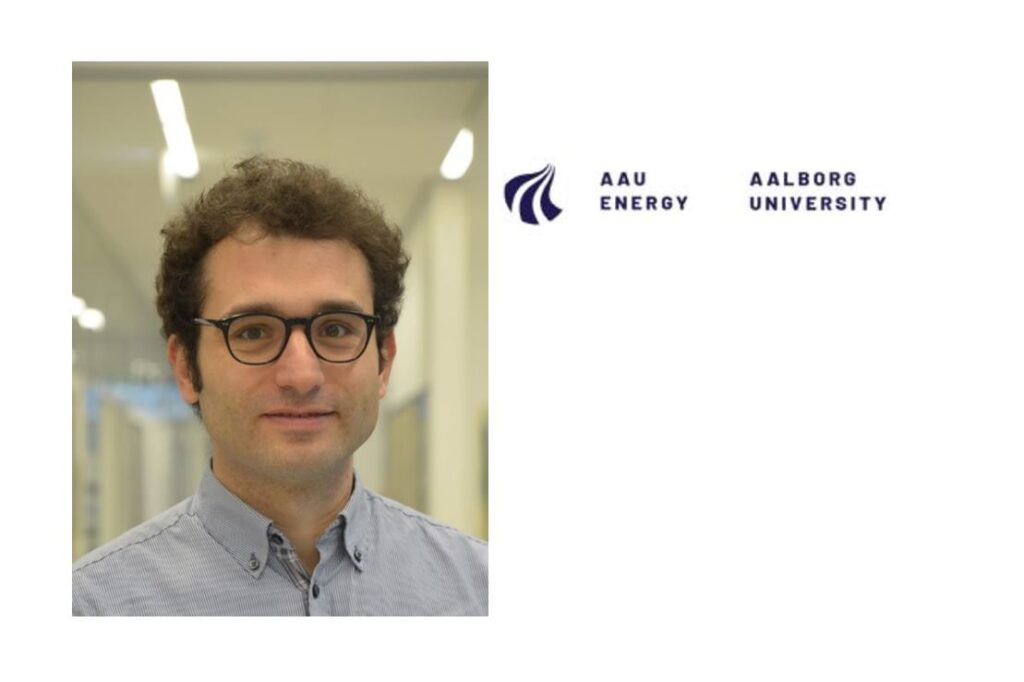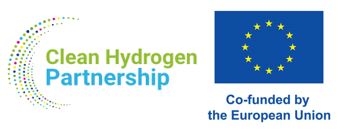“I am an associate professor at AAU Energy, Aalborg University, located in the North of Denmark. In my department, we work on different energy related technologies spanning from electrical engineering to thermal and process engineering. In my research group called “Hydrogen and electro fuels”, we work on hydrogen related technologies. In the ELECTROLIFE project, AAU oversees a work package on modelling the degradation of the main water electrolysis technologies.
This task is particularly challenging yet offers the exciting opportunity to introduce innovative solutions to improve this essential technology, which plays a crucial role in mitigating global warming. Degradation modelling is a multifaceted problem that requires understanding processes at various scales—from the microscale, where material interactions and electrochemical reactions occur, to the macroscale, involving system-level performance and longevity. “
What was your original motivation to become a researcher?
“Researchers have a different attitude compared to the “average” person. They ask themselves questions, do not settle for simple explanations and have a natural curiosity towards new things and in general new knowledge. I noticed I had this sort of mindset from the young age when I would spend more time investigating things compared to my peers, which would consider my approach not so practical. Nevertheless, it took me quite some time to find my space in the world that would embrace this attitude. Fortunately, today in my role at the University, I can work with other people who cherish the same spirit and teach students to be curious about future technologies.”
What is your (main) research area today?
“Today, I work on hydrogen-related technologies across the entire value chain – from hydrogen generation via water electrolysis to hydrogen utilization in fuel cells, we also work on fuels which can be produced from hydrogen such as methanol and ammonia. These technologies are key to provide the energy storage which is needed due the more and more high penetration of intermittent renewable energy sources. Moreover, they are needed to decarbonize sectors such as transportation, agriculture, and heavy industries such as steel and cement production, just to mention a few.”
What are the main objectives of your team in ELECTROLIFE?
“The key areas where we will focus our efforts include developing a comprehensive understanding of the main degradation mechanisms in electrolyzer cells, how these mechanisms can be accurately modelled, and what strategies can be implemented to reduce degradation and thereby increase their operational lifetime. To achieve this, collaboration with several industrial partners within the consortium will be essential for developing effective control strategies to optimize the operation of the electrolyzer system. Simultaneously, we will require experimental data from other partners to validate our models and ensure the reliability of our approach.”
What expertise and facilities does your team have to meet those objectives?
“The department has a long history in the development of electrochemical cells and systems, such as fuel cells and electrolysis, encompassing both modelling and experimental work. Over the years, the research group has developed a strong foundation in modelling, ranging from zero-dimensional to CFD, in both steady-state and dynamic conditions. In terms of facilities, we have access to our lab, where we can test electrolyzer cells and stacks. This gives us the advantage of having firsthand validation of our models.”
Which aspects of your research at ELECTROLIFE do you find the most innovative and what unique opportunities offer ELECTROLIFE to you and your organisation?
“One of the most innovative aspects of our work is the opportunity to develop models with validation from consortium partners, who are among the top experts in their respective fields. This is a unique opportunity to tap into a wealth of direct experience, ensuring that the solutions are not only scientifically robust but also relevant at industrial scale. At the same time, at AAU we can provide the partner with strong foundation in modelling of complex electrochemical phenomena, as well as access to testing facilities.”
How do you see the future use and impact of the ELECTROLIFE results?
“ELECTROLIFE offers unique opportunities for collaboration. Working closely with industrial and research partners allow us not only to apply our research in practical, real-world scenarios but also to directly influence future electrolyzer design and operation. This project brings together a diverse set of expertise, which will help solve the issues outlined in the project and continue to have an impact beyond its duration.”



